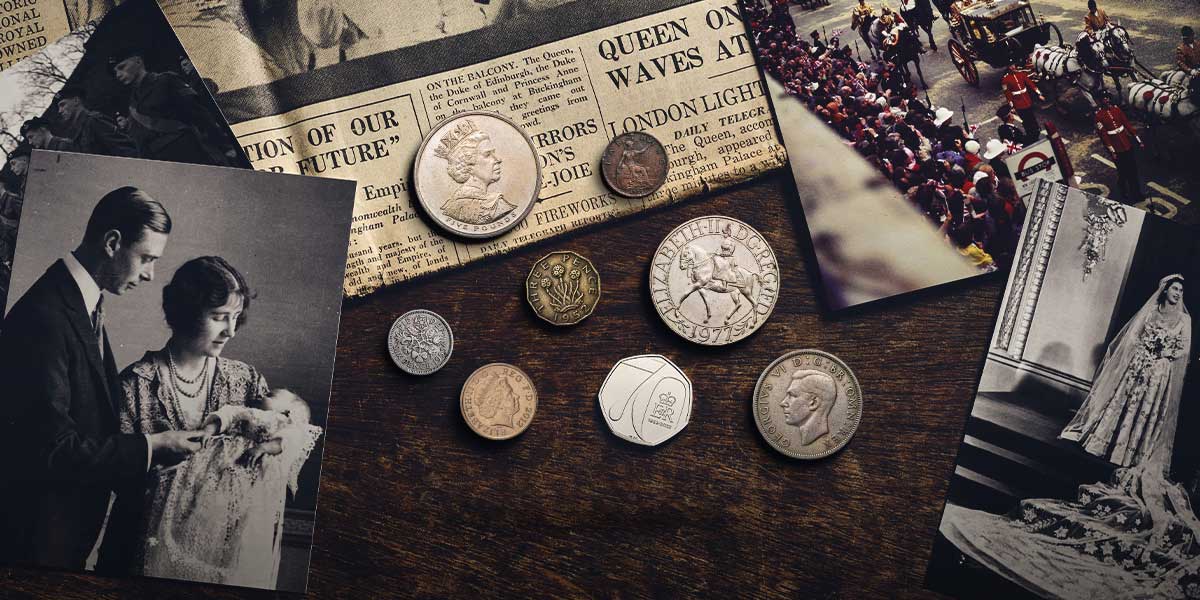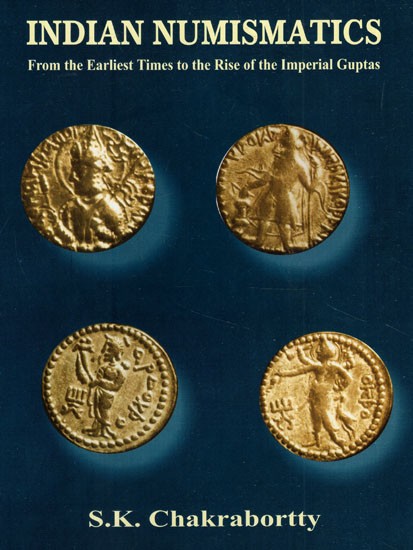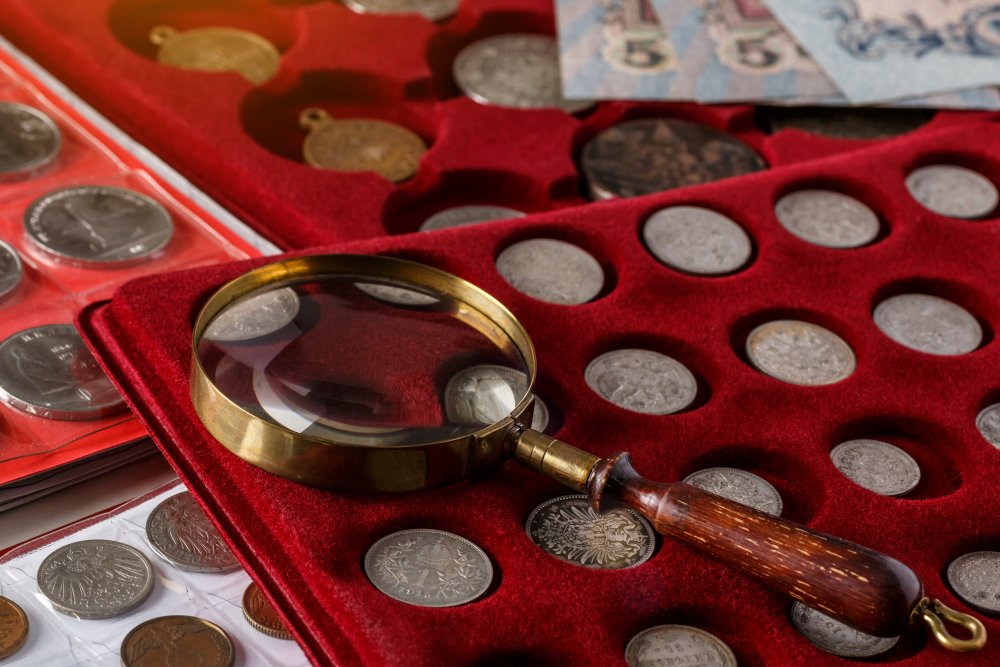Good Info On Selecting Coin Edge And Gold
Wiki Article
What Can I Do With Databases To Study Numismatics In Relation To Regional And Global Associations?
This is a systematic method to conduct this kind of research. Here's a systematic approach to conducting such a research:Database selection: Choose databases that focus on numismatic organizations, such as websites of major numismatic society like the American Numismatic Association(ANA) or the International Numismatic Council(INC), or regional associations like the Numismatic Association of Australia. Academic databases and repositories, such as JSTOR offer access to proceedings of conferences and scholarly articles.
Define Research Focus: Specify your research objectives. Are you interested in learning more about the history and work of worldwide numismatic associations as well as regional collaborations, conferences, publications or the specific numismatic subjects discussed in these associations? Find out what you are looking for to guide your research.
Search Strategy: Use keywords such as "numismatic association", "global numismatics", "regional numismatic societies" and, if applicable, include the names of particular organizations or geographic regions. You can use advanced search to filter results according to date, types of documents (such as association newsletters or conference papers) and geographic scope.
Access data on the numismatic associations of both regions and globally, including their mission, history, and membership. Additionally, you can find information about publications and activities. Search for information on past or upcoming conferences, research collaborations, and workshops. Explore databases that list members as well as association leaders and contact details.
Analyze data to understand the influence of both local and international societies of numismatics. Examine how these associations advance numismatics knowledge, encourage international collaborations, distribute information via conferences and publications and promote international collaborations.
Cross-Referencing: Check your findings by cross-referencing data across multiple sources and databases. By comparing the efforts and initiatives of different associations will give you a better understanding of regional and global development in numismatics.
Documentation: Document your findings by systematically citing sources, and recording the research methods you used. Note down the database names, search terms and the relevance of each resource to the research questions.
Stay informed. Numismatics evolves over time. There are always new publications, collaborations, and conferences. To stay up to date on the latest developments in the field of numismatics in both regions, keep a close eye on associations' websites and databases.
Following these steps, you can effectively use databases to study the world of numismatics and its connections to global and regional associations. This technique allows for an in-depth study of the scholarly activities and organization structure that shape the numismatic landscape at a global level. Have a look at the recommended look at this on penny for site advice including currency authentication, coin, copyright detection, franc, coin storage, coin production, currency society, bank, precious metals, antique coins and more.

How Can I Research Numismatics In Relation To Coin Dealers Using A Database?
To study the dealers in numismatics and coin dealers, one must use databases that contain information on dealers, numismatics and also the history of transactions. This is a method that can be structured to conduct such research. They include online numismatic marketplaces dealer directories from numismatic organizations (such as the Professional Numismatists Guild), auction house databases, and archives of historical trading in numismatics.
Define Research Focus: Specify your research objectives. Are you keen to know more about the history and profile of coin dealers specifically, market trends, pricing developments, or the influence that dealers have played on the numismatic collection trend? Find your niche to focus your search.
Search Strategy: Add keywords such as "coin dealers," the numismatic market" or "dealer directories" and, if applicable, include names of specific dealers or geographic regions. Make use of advanced search features to sort results based on the date, specialties of the dealer (such as coins from the past, modern coins or rare coins), and transaction types (auctions, private sales).
Data Collection: Access detailed details about coin dealers, such as the name of the business, their location, specialties, or years of operation and their historic profiles. Particulars about dealers who have contributed significantly to the numismatics, collecting or academic communities. Also, gather details on their participation in notable auctions and sales.
Analysis: Analyze data to better know the role dealers are in the world of numismatics. Discover how coin dealers influence market dynamics, impact trends in collecting and trends, authenticate, grade and provide information about numismatics via educational and publication.
Cross-Referencing - Verify your findings using information from different directories of dealers, databases or auction records and historical archives. This will allow you to make sure that your research is thorough and accurate. This will also give you a better knowledge of the functions and roles played by coin dealers.
Documentation: Record your findings in a systematic manner, citing sources and noting methodologies used. Detail the databases that you have used, the search term(s) used, as well as the relevance of every source to your question.
Stay current The numismatic landscape evolves, so do the new auctions, new dealers, and market trends. Keep updated by keeping track of updates from auction houses for numismatics, societies and online marketplaces to stay on top of the most recent developments.
You can use databases in a manner that is effective in analyzing numismatics especially as it relates coin dealers. This approach enables a comprehensive analysis of the historical background, market influences, and scholarly contributions of dealers in the numismatic world providing valuable insights on the collecting practices and market dynamics over time. View the top rated article source about coin artist for blog recommendations including banknote marketplace, antique coins, coin book, coin book, precious metals, coin planchet, commemorative, coin minting, currency exhibition, collection and more.

How Can I Search For Numismatics As Well As Legal Experts In Databases?
The research can be conducted in a systematic manner using databases focusing on numismatics and coinage regulations, law precedents, currency laws, and academic articles. A systematic approach is offered to help you conduct this research. Legal research platforms such as Westlaw and LexisNexis are examples, along with the numismatic journals, publications of numismatic societies, and numismatic law magazines.
Define Research Focus: Specify your research objectives. Are you interested in understanding laws and regulations governing coinage, currencies, numismatic disputes regulations on coin production and circulation, or legal interpretations of numismatic authenticity and ownership? Find out the key areas of your interest to guide your search.
Search Strategy: Add keywords such as "numismatic law" or "legal aspects of coinage" or "numismatic conflicts," and include specific legal concepts, such as ownership, authenticity and counterfeiting, if applicable. Use advanced search features to filter results based on the date, region (national or international) and other legal issues that pertain to numismatics.
Data Collection: Access data on court decisions, legal precedents as well as legislative texts and academic articles on the law of numismatics. Find out details, including the summaries of decisions or legal analysis and interpretations on relevant statutes. Also, gather historical perspectives.
Analysis: Analyze information to better understand the what the legal implications are and how to overcome challenges in Numismatics. Find out how legal frameworks impact transactions in numismatics and other processes like authentication, collection management and international trade. Compare different legal interpretations or approaches from different countries, historical periods or countries.
Cross-Referencing - Check the validity of your research by comparing data from several databases, legal publications as well as court records and academic publications. This is a fantastic method of ensuring that you're doing accurate and thorough research. You will also get a good overview of the legal landscape in the field of numismatics.
Documentation: Record your findings thoroughly, citing sources and noting the methods you used. Keep track of the specifics of the databases you accessed, the search terms used as well as the importance each source has to the research question you are trying to answer.
Stay Up-to-date: Numismatic legislation and interpretations of law are constantly evolving with the changing of laws and court rulings, as well as other developments. Keep up-to-date by following the latest updates from databases of legal experts and numismatic law journals, and updates from numismatic societies on legal developments.
Following these steps, you can effectively make use of databases to research the numismatics of a legal perspective. experts. This approach enables a detailed study of the legal frameworks, issues and scholarly interpretations which intersect with the field of numismatics, offering insights into the legal issues that govern coinage, collection and commerce worldwide. Take a look at the most popular visit this link about coin book for website info including franc, czech coins, precious metals, authenticity, coin book, gold, coin news, copyright, banknote collection, coin release and more.

How Do I Search For Numismatics Journals And Publications Using A Database Of Numismatics?
To conduct research in numismatics you can utilize databases that specialize in numismatic publications, historical publications, academic journals, and academic articles. Here's a systematic procedure for conducting this kind of research: Databases Selection: Choose databases that focus on numismatic publications, journals and publications. Online databases, like JSTOR as well as Google Scholar, to find numismatic publications, journals as well as articles.
Define Research Focus: Specify your research objectives. Are you interested to understand numismatic history? What about specific types of coins and periods, cultural aspects technological advancements, the economic effects, or advancements in the production of coins? Clarify the focus of your research.
Search Strategy Utilize keywords such as "numismatics," “numismatic publications," "numismatic periodicals," and include topics or coin types that you find pertinent (such for medieval coins for ancient coins) If applicable. You can also use advanced search options to narrow results by author affiliation, date, publication type (books articles, books, or conference papers) and type of publication.
Information about numismatic journals and publications. Find out the article's title and author, as well as abstract publication date, bibliographic details. Explore databases that offer full-text or digital archives for historical numismatic journals.
Analysis: Examine the data in order to discover the contributions of scholars and research developments in numismatics. Assess the research methodologies and the meanings of coinage symbolism and iconography, the numismatic standards for cataloging and the growth of the numismatic field over time.
Cross-Referencing Verify the information you are looking for by cross-referencing across several databases. This includes numismatic publications and library catalogs. This guarantees completeness and precision when conducting your research. It also provides insight into the breadth of numismatic material.
Documentation. Record your research findings by noting the sources you used and the methods you employed. Take note of the information in the databases you used and the search terms you used, and how each one of them relates to your research question.
Research and publications in numismatics continue to evolve with new interpretations and discoveries. Keep track of the latest news from numismatic journals, academic databases, and society for numismatics to keep up-to-date on the most recent research and publications on numismatics.
Following these steps will allow you to make use of databases efficiently to explore numismatics with respect to journals and publications. This technique allows for an extensive examination of the scholarly contribution as well as the research methodology and historical insights offered by numismatic journals. See the top dime recommendations for blog tips including coin dealer, coin display, banknote marketplace, obsolete currency, historical currency, rupee, forint, coin pressing, banknote, obsolete currency and more.

How Can I Research Numismatics In Relation To Networking Opportunities Using Databases?
The study of numismatics in relation to networking opportunities involves utilizing databases and platforms that facilitate connections among collectors, dealers researchers, scholars, and others within the numismatics community. Here's a systematic approach to conduct your research: Database Selection: Select platforms and databases that are specialized in numismatic network opportunities. Examples include numismatic websites or online discussion forums (such CoinTalk, Reddit’s Coins) as well as social media (such Facebook and LinkedIn) groups, or professional social networking platforms.
Set the Research Focus. Specify Your goals for networking. Are you seeking to connect with collectors, exchange information and knowledge, collaborate with dealers in acquisitions or sales, or work with scholars on research projects? Find out what you are looking for to guide your search.
Search Strategy: Use keywords like "numismatic networks,"" "coin collecting forums" or "numismatic groups on social media," and, if applicable you can include geographic regions or specific interests. Use search features within the platforms to find relevant events, groups, and forums.
Data Collection: Find information about networking opportunities in the numismatic world. Gather details such as group descriptions, membership benefits (such as the ability to attend events discussion, resources, and events), forthcoming events (like auctions or exhibitions, conventions), and profiles of influential people or organizers.
Analysis: Examine and pinpoint relevant opportunities and networking channels. Analyze the levels of engagement in forums and groups, the diversity of participants (collectors, dealers, scholars) as well as the frequentity of updates and discussions, and the potential for collaborations between academic or professional institutions.
Cross-Referencing: Check your conclusions by comparing information across multiple databases, numismatic society websites as well as social media networks and professional networking platforms. This will help you find extensive networking opportunities across various regions and platforms.
Engagement: Join selected networks by actively participating by sharing insights or asking questions, and offering your expertise. Establish connections with other dealers, collectors and scholars to increase your network and exchange valuable numismatic data.
Documentation: Maintain a thorough document of your network efforts that include the platforms you use as well as the groups you are a part of as well as events you attend and contacts made. Keep track the results and opportunities that you achieve by networking.
Use these guidelines to utilize databases efficiently to research the world of numismatics in relation to networking opportunities. This method lets you expand your personal or professional network within the numismatic world through collaborations and knowledge exchange and involvement in numismatic related events. Read the top banknote show recommendations for blog examples including coin collecting, banknote book, banknote identification, numismatic value, coin society, mint, zloty, platinum, forint, collector and more.
